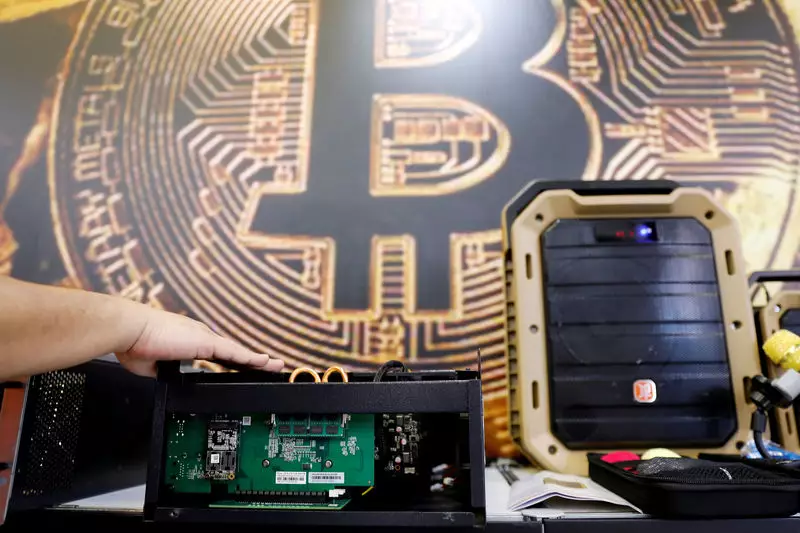As the world of cryptocurrency continues to evolve, discussions surrounding Bitcoin’s potential role in the financial strategies of nations have intensified. Ki Young Ju, founder and CEO of CryptoQuant, recently weighed in on the plausibility of the United States embracing a Bitcoin Standard. Despite being a proponent of Bitcoin, Ju casts doubt on the likelihood of such a significant shift occurring soon. His concerns stem from historical perspectives and the specific conditions necessary for a nation to pivot towards an alternative monetary framework.
Ju draws parallels between today’s Bitcoin discussions and movements during the late 1990s aimed at reinstating the gold standard. Historical context is vital in understanding the dynamics of national monetary policies. The fervor for a return to gold emerged during challenging economic times, compelling those like Peter Schiff to advocate for a backing of the dollar with precious metals. This historical insight is crucial as Ju argues that the U.S. would need to face a similar existential threat to its economic stronghold before considering the adoption of Bitcoin.
The significance of the gold standard discussions lies in the perception of stability and security. Gold has been a safe haven during times of uncertainty, and in U.S. history, it has served as a means of restoring trust in the economy when fears of instability loom large. Ju posits that Bitcoin is now occupying a similar ideological space, appealing to a new generation of investors and advocates who align with its decentralized and deflationary characteristics.
Today, advocates for Bitcoin view it as a viable alternative to traditional currencies, especially in response to the increasing skepticism surrounding fiat currencies. As Ju illustrates, many Bitcoin maximalists envision a future where Bitcoin not only serves as an investment asset but as a standard for governance and economic measurement. However, he argues that for the U.S. to adopt Bitcoin as a strategic asset, it would require more than just philosophical alignment; it necessitates a shift in the underlying economic threats the country faces.
Ju acknowledges an important factor: the U.S. government may eventually accumulate Bitcoin for various reasons. Still, these reasons may differ from the aspirations of Bitcoin advocates. For instance, while the cryptocurrency community desires recognition and endorsement of Bitcoin’s intrinsic value, governmental action may stem from motives like risk management rather than a full embrace of Bitcoin as a currency.
While the notion of the U.S. adopting a Bitcoin Standard may be enticing to crypto enthusiasts, Ki Young Ju presents a grounded analysis that highlights significant barriers to such a transition. Historical precedents and the current economic landscape suggest that the U.S. is unlikely to undertake this monumental shift unless prompted by an undeniable economic threat. The evolving relationship between Bitcoin and governmental monetary policy will undoubtedly continue to be a hot topic, as both proponents and skeptics assess the future of money in an increasingly digital world.

